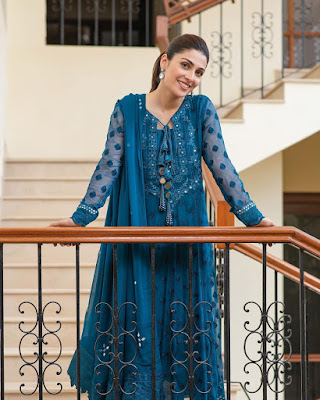Nikon AF-S Nikkor 50mm 1:1.4G review
June 2009 | By Andy WestlakeThe AF-S Nikkor 50mm F1.4 G is Nikon's latest take on the classic 'standard lens' concept, and was introduced in September 2008. It's a replacement for the older AF-Nikkor 50mm F1.4D which we reviewed last year, with revised optics to better meet the demands of modern high-resolution full frame sensors. The optical formula is an updated version of the classic 'double Gauss' design, with an additional element placed towards the rear to give an 8 element, 7 group configuration. According to Nikon, this improves correction of off-axis aberrations, which promises better performance towards the edges of the frame particularly when using large apertures.
The AF-S designation indicates that the lens features a built-in 'Silent Wave' motor for fast and quiet autofocusing, which also provides full compatibility with Nikon's entry-level DSLR bodies such as the D60 and D5000. A further benefit afforded by this ring-type motor is the 'manual priority autofocus' mode, which allows the user to adjust focus manually after autofocusing. There's also a circular aperture design which employs 9 rounded blades, for a more natural rendition of out-of-focus backgrounds.
Of course all these improvements over the older lens come at a price, and the AF-S 50mm F1.4G is significantly more expensive than its predecessor. It also has to compete with the other new kid on the block - the impressive (if slightly more costly) Sigma 50mm F1.4 EX DG HSM. So lets find out how it compares to these two lenses, and whether it's worth your hard-earned dollars.
Headline features
50mm focal length; fast F1.4 maximum apertureSilent Wave Motor allows autofocusing on all Nikon DSLRs
Full-time manual focus override
Angle of view
The pictures below illustrate the angles of view on FX (35mm full frame) and DX camera bodies:| 50mm (FX 35mm full-frame) |
| 50mm (DX; 75mm equivalent) |
Nikon AF-S Nikkor 50mm 1:1.4G specifications
| Street price | • $485 US • £300 UK |
|---|---|
| Date introduced | September 2008 |
| Maximum format size | 35mm full frame |
| Focal length | 50mm |
| 35mm equivalent focal length (APS-C) | 75mm |
| Diagonal Angle of view (FF) | 46º |
| Diagonal Angle of view (APS-C) | 31º 30' |
| Maximum aperture | F1.4 |
| Minimum aperture | F16 |
| Lens Construction | 8 elements / 7 groups |
| Number of diaphragm blades | 9 (rounded) |
| Minimum focus | 0.45m |
| Maximum magnification | 0.15x |
| AF motor type | • Ring-type SWM • Full-time manual focus |
| Focus method | Unit |
| Image stabilization | • None |
| Filter thread | • 58mm • Does not rotate on focus |
| Supplied accessories | • Front and rear caps • Lens Hood HB-47 • CL-1013 Lens Pouch |
| Weight | 290g (10.2 oz) |
| Dimensions | 73.5mm diameter x 54.2mm length (2.9 x 2.1 in) |
| Lens Mount | Nikon F only |
* Supplied accessories may differ in each country or area
Foreword / notes
If you're new to digital photography you may wish to read some of our Digital Photography Glossary before diving into this article (it may help you understand some of the terms used).Conclusion / recommendation / ratings are based on the opinion of the author, we recommend that you read the entire review before making any decision. Images which can be viewed at a larger size have a small magnifying glass icon in the bottom right corner of them, click to display a larger image in a new window.
To navigate this article simply use the next / previous page buttons or jump to a specific page by using the drop-down list in the navigation bar at the top of the page. You can support this site by ordering through the affiliate links shown at the bottom of each page (where available).
This article is protected by Copyright and may not be reproduced in part or as a whole in any electronic or printed medium without prior permission from the author.
Dpreview use calibrated monitors at the PC normal gamma 2.2, this means that on our monitors we can make out the difference between all of the grayscale blocks below. We recommend to make the most of this review you should be able to see the difference (at least) between X,Y and Z and ideally also A, B and C.
Article copy from DPreview.com
All Images From DPreview.com
By M.Usman Arshad


